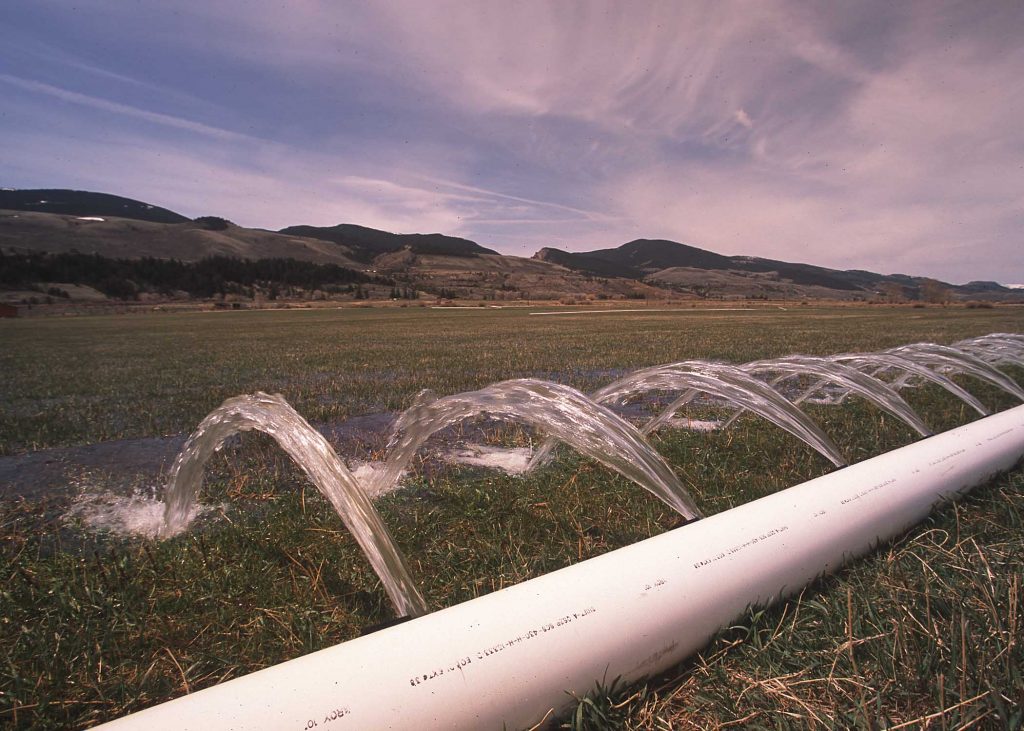Task force investigates effects of groundwater depletion on agriculture

A task force led by an engineering professor at Texas A&M University has published a new paper to serve as a resource for managing the impacts of groundwater depletion and its effects on agriculture.
“We set out to put together a paper that showed what we understand about why groundwater depletion is occurring,” said John Tracy, director of the Texas Water Resources Institute and professor in the Department of Civil Engineering. “We wanted to showcase how poorly managing this resource can have negative consequences on agriculture, and provide tools we can use to address it.”
The Council for Agricultural Science and Technology, a non-profit headquartered in Ames, Iowa, established the task force.
According to Tracy, groundwater management is not a one-size-fits-all endeavor. Different areas and climates will have different considerations to address in how to best utilize their water resources. States such as Texas, which already has a long history of handling drought, have management frameworks already in place, but this is not the case for all states.
Groundwater management, he explains, is done at the state level, so each state is responsible for developing its own policies to put into practice. Tracy and his team sought to create a compendium of existing knowledge to provide policymakers and utility managers the ability to make informed decisions about groundwater management for their state.
“One of the things we wanted to avoid with this publication is that there is a potential for oversimplification of the issues,” he said. “There is this idea that groundwater management is just a numbers game. However, we have these differences between rechargeable and non-recharging aquifers that impacts how water is used and managed.”
Tracy said there are consequences for not getting the most out of specific aquifers. There are both rechargeable and non-rechargeable aquifers, meaning that rechargeable aquifers have their water source replenished over time and non-rechargeable aquifers do not. In water management practice, if it is known that the aquifer feeding a crop field is non-rechargeable, it would not be wise to use that aquifer to feed water heavy crops, such as sugar cane and rice, because once the water is utilized, it is gone.
“Much of the debate comes down to this idea about environmental ethics, about not using groundwater resources up,” Tracy said. “We are not trying to advocate for one side of the debate or the other, but are rather trying to get policymakers to think about consequences of their decisions and understand the impacts of those decisions on water management and agriculture.”

